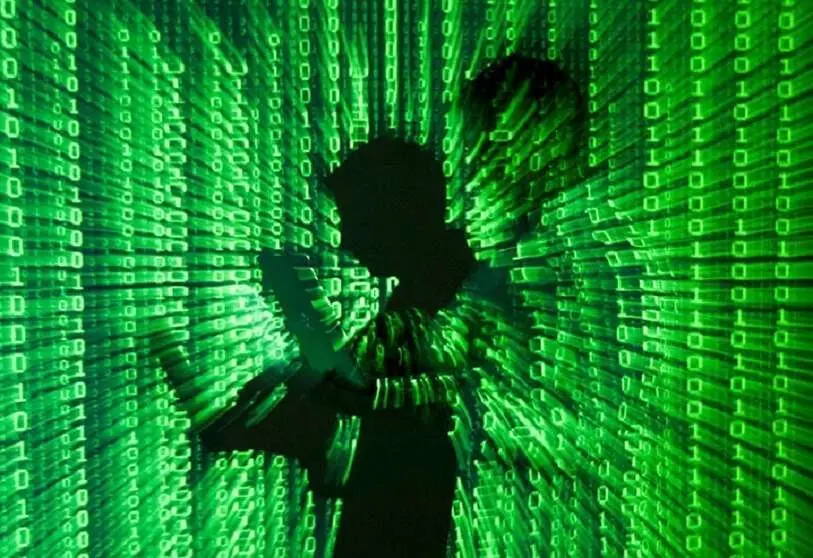Intelligence analysts: a job on the rise

This year we have experienced a series of crises and geopolitical changes that have shocked public opinion because of the speed with which they have happened and because they have shown us how dependent we are on certain countries and trade routes: in April we saw how a simple breakdown of a ship was capable of stopping world trade for a few weeks, August showed us how a country fell into the hands of a terrorist group in a matter of days, we have discovered how dependent we are on China for the manufacture of products and finally COVID does not cease to surprise us with new variants.
Such events fuel a series of questions: how will the lack of raw materials affect the world economy, will there be more terrorist attacks after the fall of Afghanistan, what does the deterioration of relations between Morocco and Algeria mean for Spain's foreign policy? Intelligence analysts are there to answer these questions.
The intelligence analyst's job is to go beyond the facts and discern the possible scenarios that an event could have for a country, international organisation or company. The intelligence analyst is not a fortune teller, he or she will not predict the future, but will explain the possible scenarios that can come out of an event, why it happened and advise you on possible decisions to take. If the journalist's role is to tell the facts, the intelligence analyst's role is to interpret those facts to facilitate your knowledge of the subject and guide you in making decisions.
To this end, the intelligence analyst plays with the language of probability. This language will analyse the likelihood of an event happening or not happening, or why an event occurs. However, it should not be used randomly, as saying that an event is very likely or unlikely to occur can have repercussions on decision-making. Intelligence analysis can cost people their lives, as the person reading it will rely on the analyst's assessment. Hence, when preparing the analysis, this language of probability should be used with care.
Intelligence analysts are needed more than ever, as this year has shown, to prepare for the challenges that climate change, a future pandemic, the threat of terrorism, energy supply and possible conflicts in Ukraine or Taiwan may bring. They are also useful to understand how new technologies and digital platforms can become vectors of extremist discourses, why a terrorist group decides to attack in a specific place, with which weapons and finally to study the past and psychological profile of a terrorist or someone who has committed a school shooting in the United States. The last case is relevant, as the study of family, access to weapons, role of the internet, school life and socialisation all play a role in instigating a terrorist attack or school shooting.
In conclusion, this year we have experienced a series of geopolitical events, which have changed the world situation in a short time. To understand why this happened and how to deal with it, it is necessary to have people who interpret the events and indicate what can be done. That is what intelligence analysts are for. Through the language of probability, the intelligence analyst discerns the possible scenarios that might emerge from an event and tells the reader what decisions he or she might take to deal with the future. It is not an easy task, as the wrong analysis can cost lives, demonstrating one of the difficulties of the intelligence analyst's job. His work is essential in these turbulent times to anticipate and understand what is going on around us.

